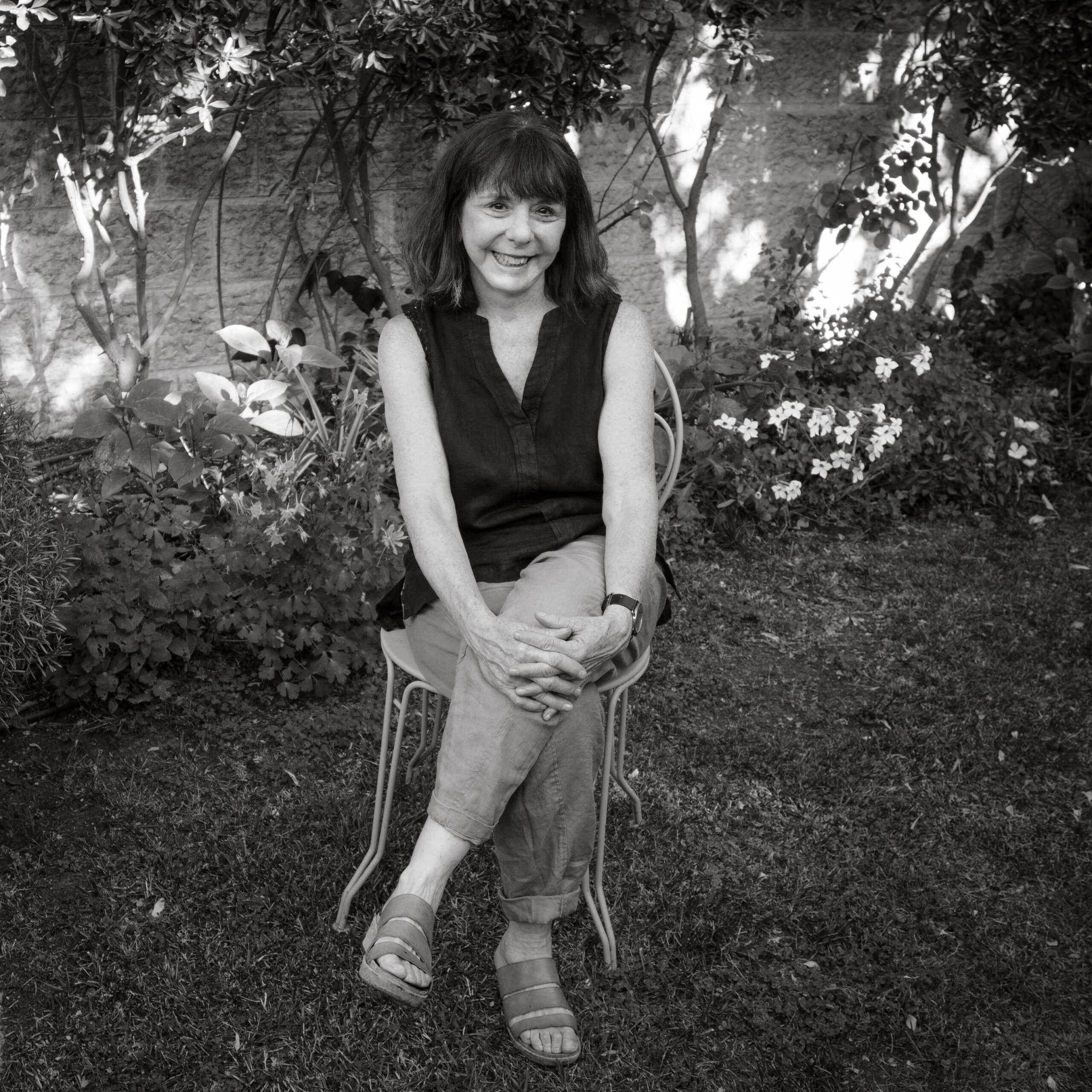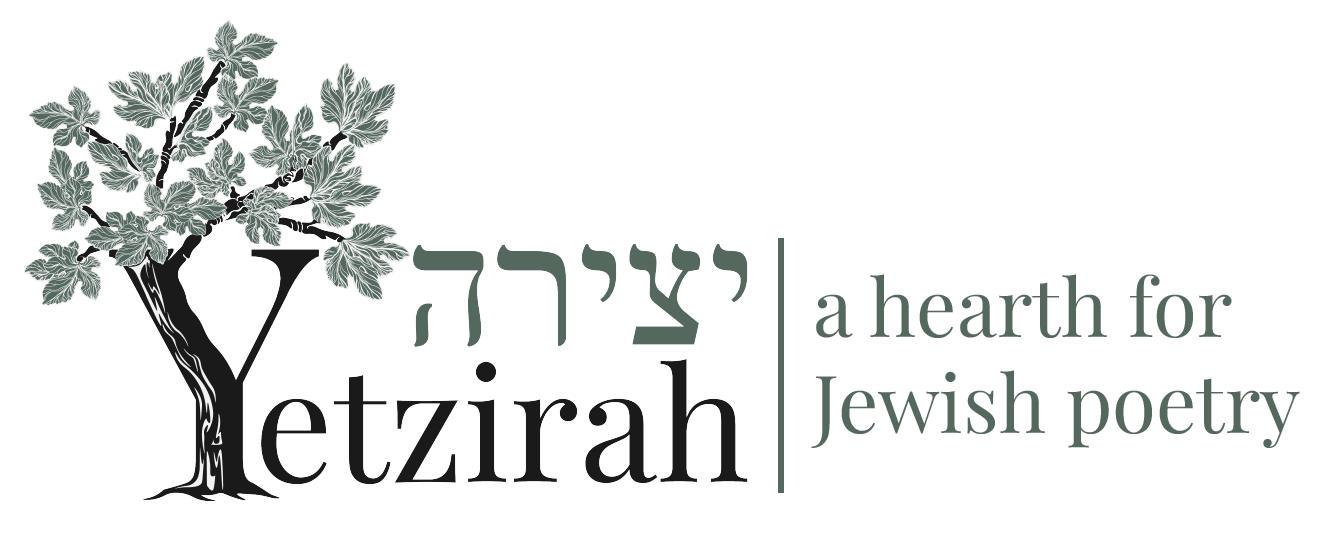
Linda Zisquit
Current City, State, Country
Birth City, State, Country
Biography
Linda Stern Zisquit has published six full-length collections of poetry, most recently Korah’s Daughter (2022), Return from Elsewhere (2014) and Havoc: New & Selected Poems (2013). Robert Creeley introduced her work in “A Poet’s Sampler,” (Boston Review of Books) in 1993. Her first book, Ritual Bath (1993) has a foreword by Rita Dove. Zisquit’s translations from Hebrew include Wild Light: Selected Poems of Yona Wallach (1997) for which she received an NEA Translation Grant and was shortlisted for the PEN Translation Award; Let the Words: Selected Poems of Yona Wallach (2006); and These Mountains: Selected Poems of Rivka Miriam (2009), a finalist for the National Jewish Book Award in Poetry. She is Associate Professor (emerita) and for many years was poetry coordinator for the Shaindy Rudoff MA in Creative Writing Program at Bar Ilan University. Born in Buffalo, NY, she has lived in Israel since 1978, where she teaches and runs Artspace, a gallery in Jerusalem representing local artists.
What is the relationship between Judaism and/or Jewish culture and your poetry?
I grew up in a secular American Jewish family. I have been married to an observant man for more than fifty years. After graduate school in the U.S. we moved to Jerusalem where we have raised five children who now have children of their own. I write poetry, teach poetry and translate Hebrew poetry. I run an art gallery in our Jerusalem home. For the past forty-three years I have attended a class on parashat hashavua, the weekly Torah portion, given by a brilliant scholar who is also a dear friend. My poetry reflects my fraught and passionate connection to Judaism and Israel. In a review of my second collection Unopened Letters (1996) that appeared in the Women\’s Review of Books, Judith Johnson wrote: “Although the poems are so concretely personal, they also insist on their locations in history, a woman in love, but also a woman in Judaism, seeking to survive with whatever truth she can tell.”
I came to Israel without Hebrew. As an English speaker in a Hebrew speaking country, I will always be an outsider, on the periphery. Yet raising children in Israel, living through its wars and attending protests to preserve its democracy, I am Israeli to the core. Through translation of Hebrew poetry I have been afforded moments of intimacy and closeness to Israeli poets and the local literary landscape. Translating poetry is a way for me into modern spoken Hebrew, its slang, its gender-consciousness, its biblical foundations, enabling movement between my mother tongue and my adopted one.
In 2014 one of our children was diagnosed with cancer. Until that time my lucky life was interrupted only by the deaths of my beloved parents and occasional skirmishes with hidden desire. The psalms were no more than a familiar comfort I had read at difficult moments but when our daughter’s surgeon delivered troubling news, as war raged in Israel and the Palestinian territories, I found myself opening the Book of Psalms and started writing, choosing a line from the first psalm and free associating to it. I continued every day that summer as if I had assigned myself a way through our daughter’s recovery. Daily, I engaged the sacred and the profane, weaving together strands of personal and national trauma, completing one hundred and fifty “psalmwork” poems over the next many months.
Inhabiting a landscape that is at once Biblical and contemporary, the speaker of this sequence is the imagined daughter of Korah who rebelled against Moses and Aaron and who, together with his sons and followers, was swallowed up by the earth [Numbers 16: 1-33]. According to legend, Korah’s sons repented and became psalmists, singers on the highest rung of the underworld. No daughter of Korah appears in the traditional sources. My teacher Avivah Zornberg has referred to Korah’s problem as one of language, an inability to express doubt or desire, and a stubborn refusal to engage Moses in argument that could have opened communication and prevented the tragic chasm between them. I needed distance from the intensity of experience the poems reflected. Korah’s daughter, then, became my agent of speech; her social and natural world became my poems’ environment. A selection of these psalmwork poems became a ‘pamphlet’ (chapbook) published in the UK, as well as a central section of my recent book Korah’s Daughter.
My recently completed seventh poetry collection is Wing, with many poems reflecting the beloved and conflicted place where I live. The title poem comes from a poem by the Israeli poet Haim Nahman Bialik.
Published Works
Poetry
Korah’s Daughter (Shoestring Press, UK, 2022)
From the Notebooks of Korah’s Daughter (chapbook; New Walk Editions, UK, 2019)
Return from Elsewhere (co-winner, Outriders Poetry Project, 2014)
Havoc: New & Selected Poems (Sheep Meadow Press, 2013)
The Face in the Window (Sheep Meadow Press, 2004)
Unopened Letters (Sheep Meadow Press, 1996)
Ritual Bath (Broken Moon Press, 1993)
Translations
Migo poems by Hedva Harechavi (to be published by HUC Press, 2023)
These Mountains: Selected Poems of Rivka Miriam (Toby Press, 2009)
Let the Words: Selected Poems of Yona Wallach (Sheep Meadow Press, 2006)
Wild Light: Selected Poems of Yona Wallach (Sheep Meadow Press, 1997)
Open-Eyed Land by Yehuda Amichai (Schocken Publishing House, Tel Aviv, 1991)
The Book of Ruth, Translated from the Bible, Woodcuts by Maty Grunberg (Osband Press, London, 1997)
Author Site
Links to Sample Works
Video Reading
Current Title
Education
Tufts University, BA & BS, English & Psychology
Harvard University, MA, Education
State University of New York at Buffalo, MA, Humanities-Poetry
